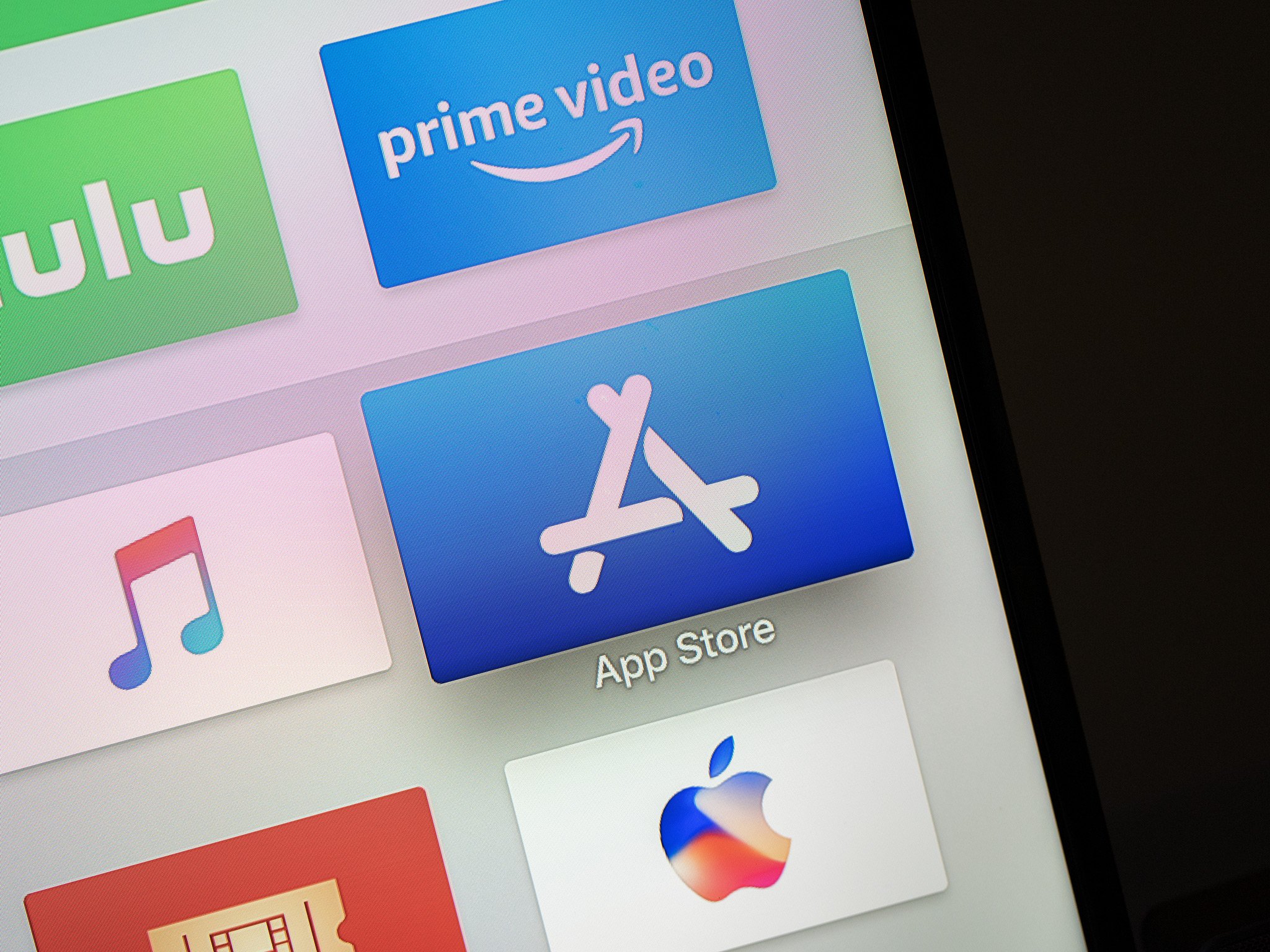Epic Games says iOS is its own market with high switching costs and lock-in

What you need to know
- Day six of the Epic Games vs. Apple trial has continued with expert witness testimony from the Fortnite maker.
- David Evans, a University of Chicago economist, spoke about Apple's market power, the high cost of leaving iOS, and more.
Day six of the Epic Games vs Apple trial has concluded with expert testimony from Epic's witness David Evans, who says Apple's ecosystem of iOS 14 and beyond has strong lock-in, high switching costs, and no restraints on its policies.
Evans, a University of Chicago economist, was called to testify on behalf of Epic Games, offering the court his views on several key aspects of the case including the definition of the market, how smartphones aren't substitutes for consoles and more.
Evans said that iOS was the relevant market in this case, a fact that if true could establish Apple as having a monopoly over App distribution and policy. Evans said the App Store was a "two-sided market" of consumers who want to use apps and developers who want to distribute them. Evans also stated that Apple has created strong lock-in to its iOS ecosystem and that costs are high for those who want to leave, leading to a "substantial" market share for Apple. Those costs include the cost of buying a new smartphone, losing access to apps like iMessage, transferring data and apps, learning how to use a new smartphone, losing access to data in apps, repurchasing paid apps and in-app content, replacing iOS-specific accessories and peripherals, losing access to shared family services, and losing integration with other Apple devices.
Evans also said that whilst there were some constraints on iOS app distribution, such as distribution on non-smartphone devices, distribution on Android, and alternative distribution on iOS, that these were not enough to restrain iOS market power. "I concluded in the absence of restriction there would be multiple alternative apps stores", Evans told the court, "as we see in other environments, and that developers would use direct distribution to get apps into the hands of consumers."
Evans stated that in his expert opinion Apple had a monopoly because it had a nearly 100% market share of iOS, barriers to entry, high and persistent profit margins, and stable pricing. This in turn purportedly leads to slower innovation and higher commission. He also highlighted past statements from Apple's founder and late CEO Steve Jobs, who once said Apple didn't intend to make money from the App Store.
The question of market definition will be a key legal point in the fight, with counter-evidence from Apple likely to assert it completes with Android and multiple smartphone vendors, as well as consoles when it comes to games like Fornite.
Master your iPhone in minutes
iMore offers spot-on advice and guidance from our team of experts, with decades of Apple device experience to lean on. Learn more with iMore!

Stephen Warwick has written about Apple for five years at iMore and previously elsewhere. He covers all of iMore's latest breaking news regarding all of Apple's products and services, both hardware and software. Stephen has interviewed industry experts in a range of fields including finance, litigation, security, and more. He also specializes in curating and reviewing audio hardware and has experience beyond journalism in sound engineering, production, and design. Before becoming a writer Stephen studied Ancient History at University and also worked at Apple for more than two years. Stephen is also a host on the iMore show, a weekly podcast recorded live that discusses the latest in breaking Apple news, as well as featuring fun trivia about all things Apple. Follow him on Twitter @stephenwarwick9
